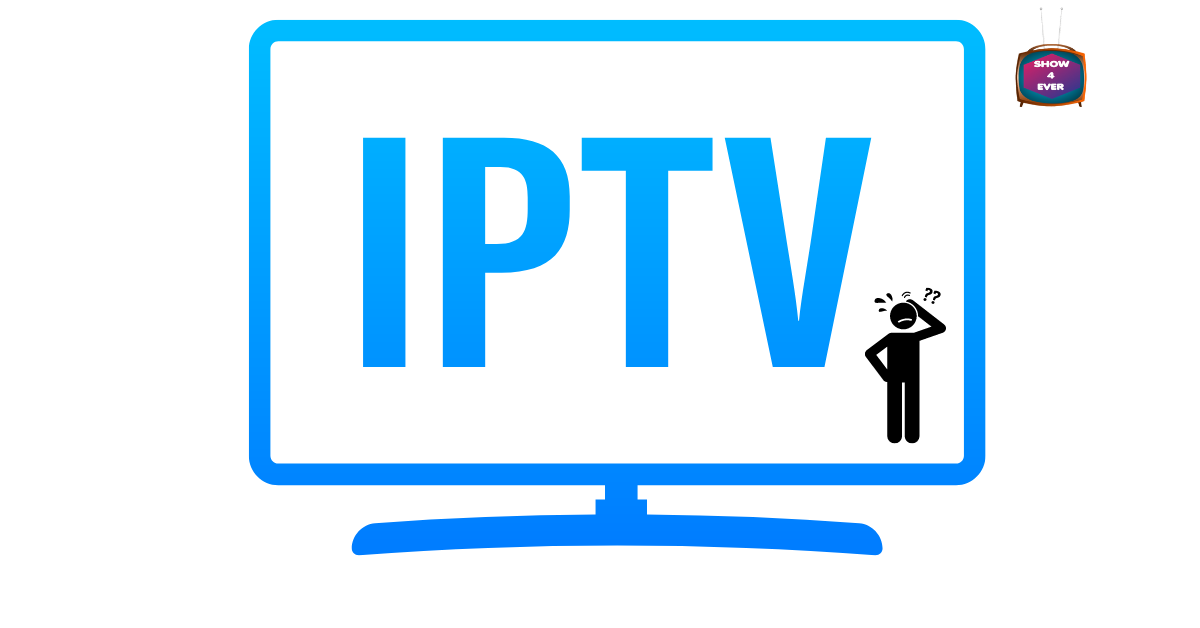Are they cracking down on IPTV?

Television is witnessing new channels of consumption with the help of Internet Protocol Television or IPTV, a system by which viewers can watch the specially provided channels and other content through the worldwide web instead of cables or satellites.
Despite its growing popularity and the convenience it offers, there has been increasing scrutiny and regulation around IPTV services, leading many to question: But are they extending this clampdown to IPTV?
The short answer is yes and this is why:IPTV has rapidly grown in demand as people can easily pay for IPTV channels this is cheap and has many IPTV channels compared to a cable connection.
Most users refer IPTV as the most preferred method of getting a variety of programmes from different countries and ‘’none of which can be obtained through normal cable providers.
For this reason, this element has also drawn the interest of the regulatory authorities as well as the content providers who are frequently bothered by the unauthorized services of IPTV.
Subscription-based IPTV services that use licenses to broadcast their content have been popular source of crackdowns.
Most of these services provide what is claimed to be the best IPTV experience for a range of channels and at such low prices that potential consumers fall prey to them.
However, people’s usage of such services is unlawful and dangerous as such platforms can be blocked with no warning and the subscribers lose their paid content. Also, many illicit IPTV services can be dangerous to a customer’s security as those services do not have the necessary data protection policies that legal IPTV services follow.
Several legitimate IPTV broadcast service providers who provide and transmit only lawful content are also impacted.
They face a worryingly challenging and more so complex legal policy framework through which they should guarantee that their services do not infringe on the law. For instance, IPTV services that are legal have to get the license to distribute each of the available channel, which tends to be expensive and time-consuming.
This compliance ensures that authors of the content get their worth which is an important factor in the running of the business.
Governments and official IPTV stakeholders have scaled up efforts made to fight piracy of IPTV.
For instance, in UK, the IPO has invested a lot of effort to try and tackle it where it has worked hand in hand with police to sever some of the links and arrest people behind some of them. Similarly, in America, it has watched the Federal Communications Commission (FCC) and other budding bodies step up their campaign against illegitimate IPTV services.
Such actions range from fines, legal penalties besides some arrests of the IPTV services’ managers who are involved in running fake services.
Nonetheless, it seems that the S in IPTV, meaning temptation which tags along with the best IPTV services still pulls in many consumers, especially since, in this regard, the issue of the broad list of IPTV channels to address the need seems to be the major draw.
In this case, one needs to stress the difference between legal and illegitimate IPTV services as far as consumers are concerned. Even though with a good IPTV provider is much more legal than a pirated IPTV service, it entails a better quality and connection.
It is thus noteworthy that free and especially legal IPTV services, in fact, guarantee a high quality of picture and sound, as well as personal assistance in addressing all the issues, not to mention such additional functions as paying video on demand services, digital video recording and Interactive Television.
After that, the crackdown on IPTV does not only serve as an attempt to protect the rights of a number of global media conglomerates.
It also still contains such a policy as the preservation of the rights of the consumer.
By often times there are strings attached, such as the availability of malware, phishing scams as well as data thefts among other related evils accompanied by such unlawful IPTV services. In this way, legitimate IPTV services can be beneficial for the consumers as they can view their favorite IPTV stations, but not transmitting their ID’s and financial data needed for the payment.
Thus, it can be stated that the crackdown on IPTV, particularly on illicit IPTV services, is genuine despite the fact that it has its peculiar rationale linked with the safeguard of the IP rights, fair and timely compensation for authors and creators, and the possible risks posed to the clients.
For the individuals looking to get the most of IPTV solution available the formula is simple, one has to find an IPTV service which provides a vast list of IPTV channels and is also legal. Hence, the audience gets to enjoy with IPTV services without engaging the illegal and security issues which increases a healthier entertainment industry.













Post Comment